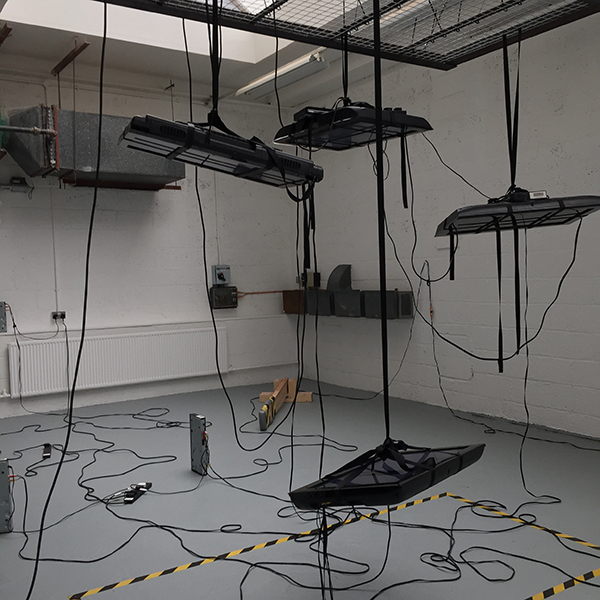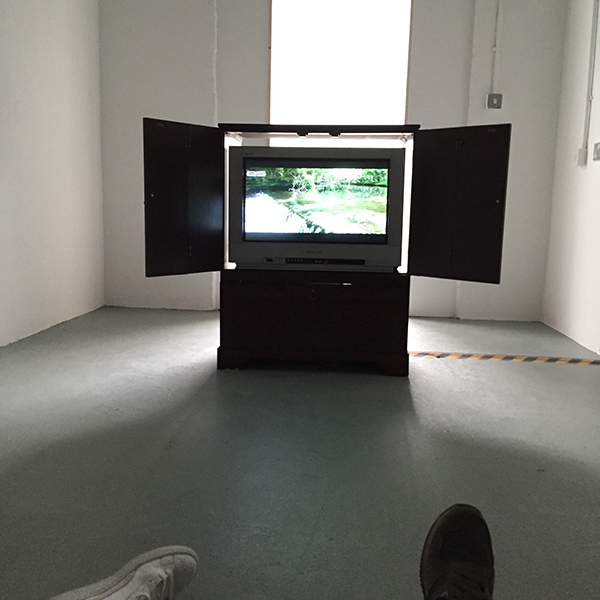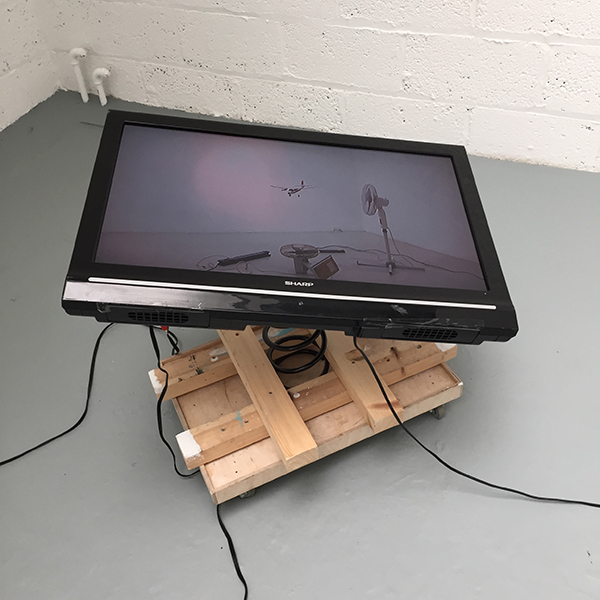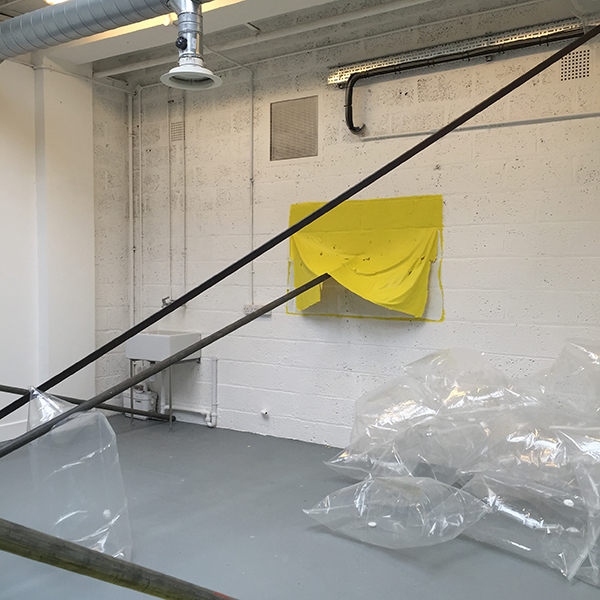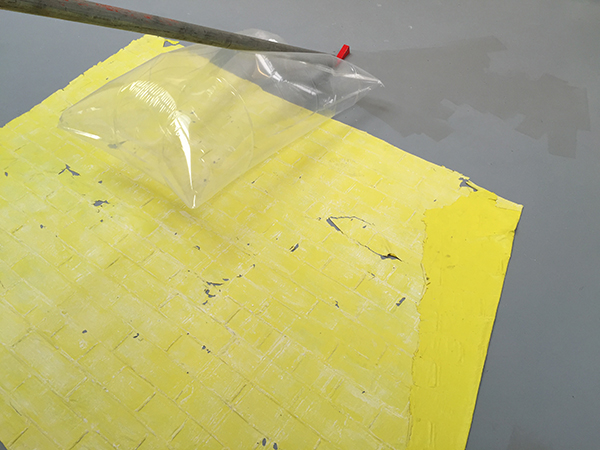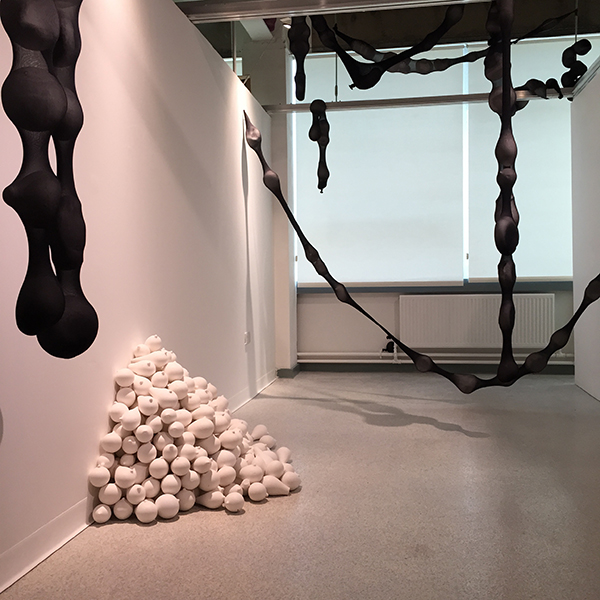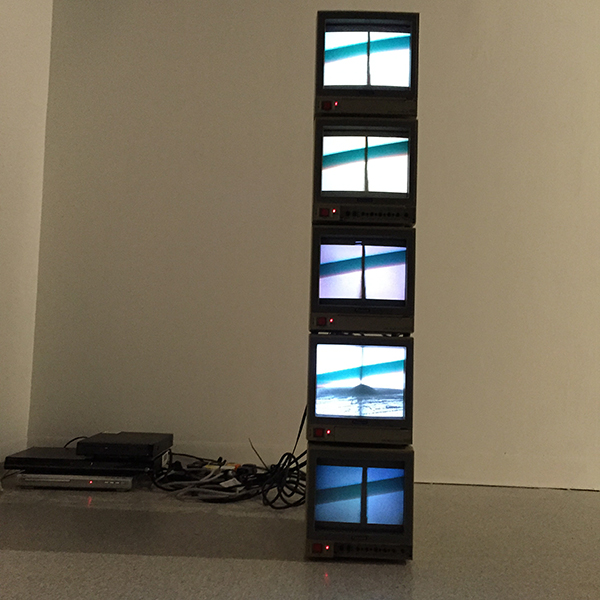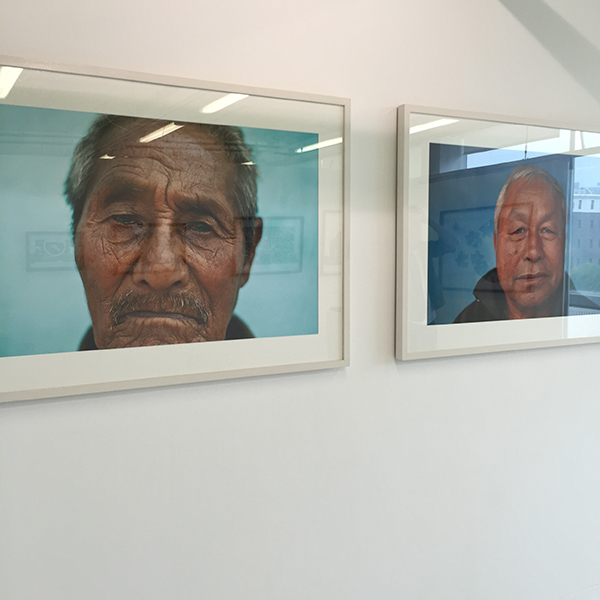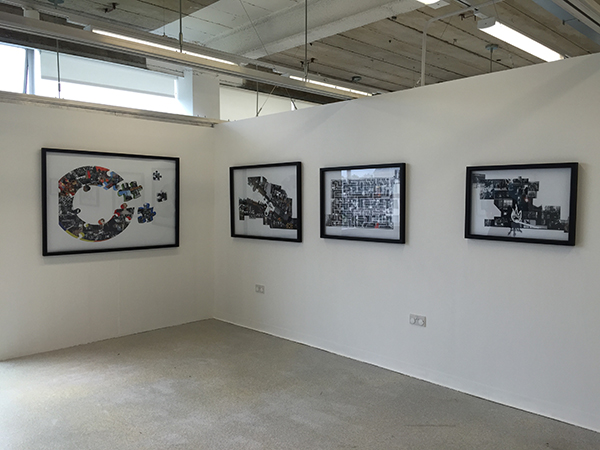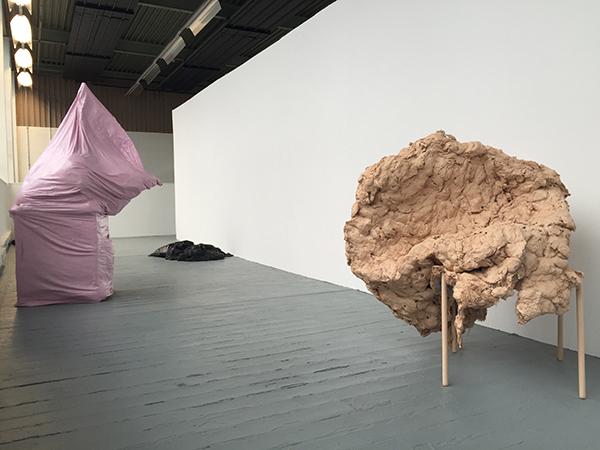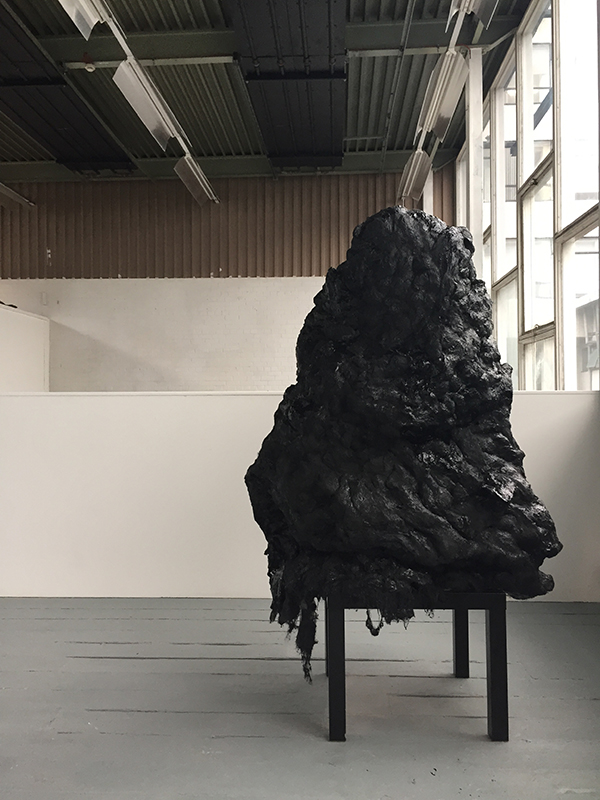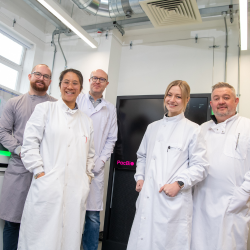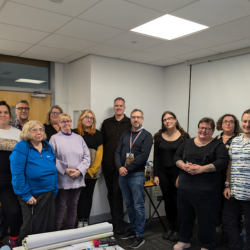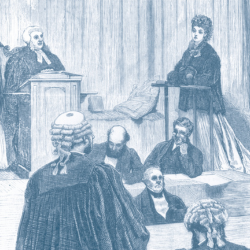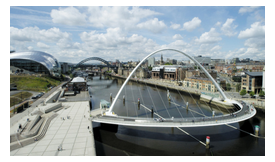-
Study
-
Undergraduate
- Search for a Course
- Undergraduate Open Day & Events
- Application Guides
- Northumbria University UCAS Exhibitions
- Foundation Years
- Undergraduate Fees & Funding
- School & College Outreach
- Continuing Professional Development
-
Postgraduate
- Postgraduate Study Degree
- Postgraduate Research Degrees
- Postgraduate Open Days and Events
- Postgraduate Fees & Funding
- Flexible Learning
- Thinking about a Masters?
- Continuing Professional Development
- Change Direction
-
Student Life
- The Hub - Student Blog
- Accommodation
- Life in Newcastle
- Support for Students
- Careers
- Information for Parents
- Students' Union
- Northumbria Sport
- Be Part of It
-
-
International
International
Northumbria’s global footprint touches every continent across the world, through our global partnerships across 17 institutions in 10 countries, to our 277,000 strong alumni community and 150 recruitment partners – we prepare our students for the challenges of tomorrow. Discover more about how to join Northumbria’s global family or our partnerships.
View our Global Footprint-
Applying to Northumbria
- European Union
- Our London Campus
- Northumbria Pathway
- International Events
- Entry Requirements and Country Representatives
- Regional Offices
-
Northumbria Language Centre
- Faculty Requirements
- Acceptable English Requirements
- Pre-sessional English Language and Study Skills
- Academic Language Skills Programmes (ALS)
-
International Fees, Funding & Scholarships
- International Undergraduate Fees
- International Undergraduate Funding
- International Masters Fees
- International Masters Funding
- International Postgraduate Research Fees
- International Postgraduate Research Funding
- International Money Matters
-
Life at Northumbria
- International student support
- Careers
-
International Mobility
- Current Northumbria Students
- Incoming Exchange Students
-
-
Business
Business
The world is changing faster than ever before. The future is there to be won by organisations who find ways to turn today's possibilities into tomorrows competitive edge. In a connected world, collaboration can be the key to success.
More on our Business Services -
Research
Research
Northumbria is a research-rich, business-focused, professional university with a global reputation for academic quality. We conduct ground-breaking research that is responsive to the science & technology, health & well being, economic and social and arts & cultural needs for the communities
Discover more about our Research -
About Us
-
About Northumbria
- Our Strategy
- Our Staff
- Place and Partnerships
- Student Profiles
- Alumni Profiles
- Leadership & Governance
- Academic Departments
- University Services
- History of Northumbria
- Contact us
- Online Shop
-
-
Alumni
Alumni
Northumbria University is renowned for the calibre of its business-ready graduates. Our alumni network has over 244,000 graduates based in 178 countries worldwide in a range of sectors, our alumni are making a real impact on the world.
Our Alumni - Work For Us
What will I learn on this module?
In this module you will learn to independently progress a self-motivated, critically positioned studio-based contemporary art practice. Learning will be underpinned by the acquisition of new critical research skills orientated around contemporary art practice. You will learn to articulate and evidence your creative research skills in your independent personal studio enquiry. You will learn to independently identify and reflectively assess specific lines of enquiry and your evolving artistic position and learn how to effectively communicate this to academics and to your peer group. You will learn to confidently present verbally and creatively a range of ideas and positions relevant to contemporary art practice through the module’s seminar programme, its studio-based teaching and your engagement with the available technical facilities.
All of your learning underpins your studio and virtual studio practice with a strong subject specific knowledge base and the range of strategies aims to engender your confidence in identifying and understanding new knowledge in relation to your studio and out-of-studio practice.
How will I learn on this module?
You will learn through a range of teaching approaches that are either individual or peer focussed. The studio is the primary location for your work, paralleled by the virtual studio, and learning and acts as a place for connecting processes of thinking, making and creative speculation. You will learn through individual tutorials, group critiques, the seminar programme, independent study, technical workshops, and your own independent initiatives.
Tutorials are forty minutes and are individually focussed around your work; these are delivered by your Studio Tutor. ?Your Studio Tutor will work with you across the semester providing a continuity of dialogue to underpin your learning. These tutors have subject specialist knowledge in areas including painting, photography, sculpture, print, moving image, social practice, installation and sound. You will also opportunities to receive tutorials with staff other than your Studio Tutor through an allocated tutorial system.
Peer learning happens through group critiques. With four to eight of your peers you will collectively present work in progress for open discussion with your Studio Tutor for three hours. Group critiques link you to peer interests and encourage you to consider and explore the intellectual, technical and creative research mechanisms underlying your approaches to production and alert you to considerations of audience and spectatorship in exhibition making. Further peer learning happens through the seminar programme, where you learn to develop - in a small group of ten to fifteen – presentation skills, critical thinking, research skills and advanced subject knowledge.
Your independent and self-directed use of the studio and virtual studio for the testing and production of artworks is a crucial part of your learning and is supported by peer engagement, informal conversations and walk-rounds by academics. Central to all your learning is how you process and reflect on your production and experiences through teaching. This happens through on-going formative feedback provided to you verbally during individual tutorials, group critiques and seminars.
How will I be supported academically on this module?
You are supported with the provision of a studio space, and access to specialist technical facilities, materials, resource areas and research studios. You will also develop a parallel out-of-studio practice. Technical facilities include the wood and casting workshops, the print studio (including screen-printing, etching, lithography), the mac lab and digital print (including industry standard digital imaging, moving image and audio software), analogue darkrooms (black and white and colour processing and print) and digital photographic studios. You have access to specialist materials in all workshop areas. Resource areas include our Technical Resource Centre, University Gallery and project spaces. You have twenty-four-hour access to the University Library.
Your learning will be supported by subject specialist academics and by expert technicians. Academic support is provided by individual tutorials, group critiques, the weekly seminar programme, and weekly technical workshops that you elect into. Your learning is clearly mapped out to you on the BLACKBOARD module page. This includes your assessment brief, guidance notes and key dates for the semester to help you organise and plan your time. Teaching materials, notices and guidance are made available to you through BLACKBOARD. This is accessible to you on campus or externally through the Internet. You will have a University email that we contact you through, and all course timetabling is published online and on noticeboards in your studio area. Student REPs represent you in weekly meetings with the Programme Leader.
To support you we provide you with on-going formative feedback through the teaching you receive, and ask you to write and submit electronically a Self-Evaluation Review (SER) evaluating your own achievement against the module learning outcomes. This provides you with an on-going record of your learning through the semester.
What will I be expected to read on this module?
All modules at Northumbria include a range of reading materials that students are expected to engage with. Online reading lists (provided after enrolment) give you access to your reading material for your modules. The Library works in partnership with your module tutors to ensure you have access to the material that you need.
What will I be expected to achieve?
LEVEL 5
Knowledge & Understanding:
1. To produce a range of artworks, through an ongoing visual and material enquiry, that develop a critical understanding between content and method.
2. Conduct independent research that demonstrates a sustained engagement with relevant contemporary art practices
Intellectual / Professional skills & abilities:
3. Produce a written artist’s statement and reading list that articulates and evidences a critical understanding of the relationship between research and practice.
4. Undertake specific research tasks in the seminar program and organise their studio activity and research in a coherent and useful format
Personal Values Attributes (Global / Cultural awareness, Ethics, Curiosity) (PVA):
How will I be assessed?
You will receive on-going verbal feedback (formative) from academics through individual tutorials, group critiques and seminars. This enables you to respond immediately and clarify with academics any points you are unsure of. At the mid-point of semester 1 you will complete a Self-Evaluation Review form outlining your progress against module Learning Outcomes. Your studio tutor will also complete a copy. You will meet for a feed-forward tutorial in the following week to identify gaps in understanding against the Learning Outcomes and agree on ways in which you can move forward and develop your work.
Summative Assessment
(MLO’s 1-6)
Semester 1
The Summative Assessment provides you with a mark for your semester and carries a 100% weighting. It is assessed against the same learning outcomes that are covered in the SER and this ensures that you are prepared. You will mount a presentation or exhibition of works evidencing that you have evolved your practical and intellectual skills through self-motivated practice, technical development, academic research, and in response to tutor feedback. Alongside your practical works and presentation you will submit all sketchbooks and notebooks, a written artist’s statement, a creative research file and a documentation file.
Following review and internal moderation from the academic team you receive verbal feedback. This provides you with a detailed evaluation of your work through the semester that is aimed at preparing you for study in the second semester. It provides you with the opportunity to reflect objectively on how decisions made through development, production and presentation are working and contributing to your practice. The Level 5 External Examiner reviews samples from the submission, and you have the opportunity to meet them in person to discuss your experiences of the module at the end of the academic year.
Summative Assessment Feedback
You will receive verbal feedback from your studio tutor in your studio, alongside your presentation, within seven days of the submission deadline. Feedback is individual and provided in the context of the assessment criteria given to you at the start of the academic year in the module guide. You will receive written feedback within 20 working days of the assessment deadline.
Pre-requisite(s)
N/A
Co-requisite(s)
N/A
Module abstract
In this module you will learn to independently progress a self-motivated, critically positioned studio-based contemporary art practice. Learning will be underpinned by the acquisition of new critical research skills orientated around contemporary art practice. All your learning underpins your studio and virtual practice with a strong subject specific knowledge base and the range of strategies aims to engender your confidence in identifying and understanding new knowledge in relation to your studio and out-of-studio practice.
Course info
UCAS Code W100
Credits 40
Level of Study Undergraduate
Mode of Study 3 years Full Time or 4 years with a placement (sandwich)/study abroad
Department Arts
Location City Campus, Northumbria University
City Newcastle
All information is accurate at the time of sharing.
Full time Courses are primarily delivered via on-campus face to face learning but could include elements of online learning. Most courses run as planned and as promoted on our website and via our marketing materials, but if there are any substantial changes (as determined by the Competition and Markets Authority) to a course or there is the potential that course may be withdrawn, we will notify all affected applicants as soon as possible with advice and guidance regarding their options. It is also important to be aware that optional modules listed on course pages may be subject to change depending on uptake numbers each year.
Contact time is subject to increase or decrease in line with possible restrictions imposed by the government or the University in the interest of maintaining the health and safety and wellbeing of students, staff, and visitors if this is deemed necessary in future.
Useful Links
Find out about our distinctive approach at
www.northumbria.ac.uk/exp
Admissions Terms and Conditions
northumbria.ac.uk/terms
Fees and Funding
northumbria.ac.uk/fees
Admissions Policy
northumbria.ac.uk/adpolicy
Admissions Complaints Policy
northumbria.ac.uk/complaints


